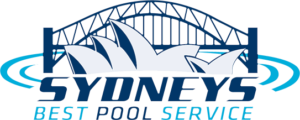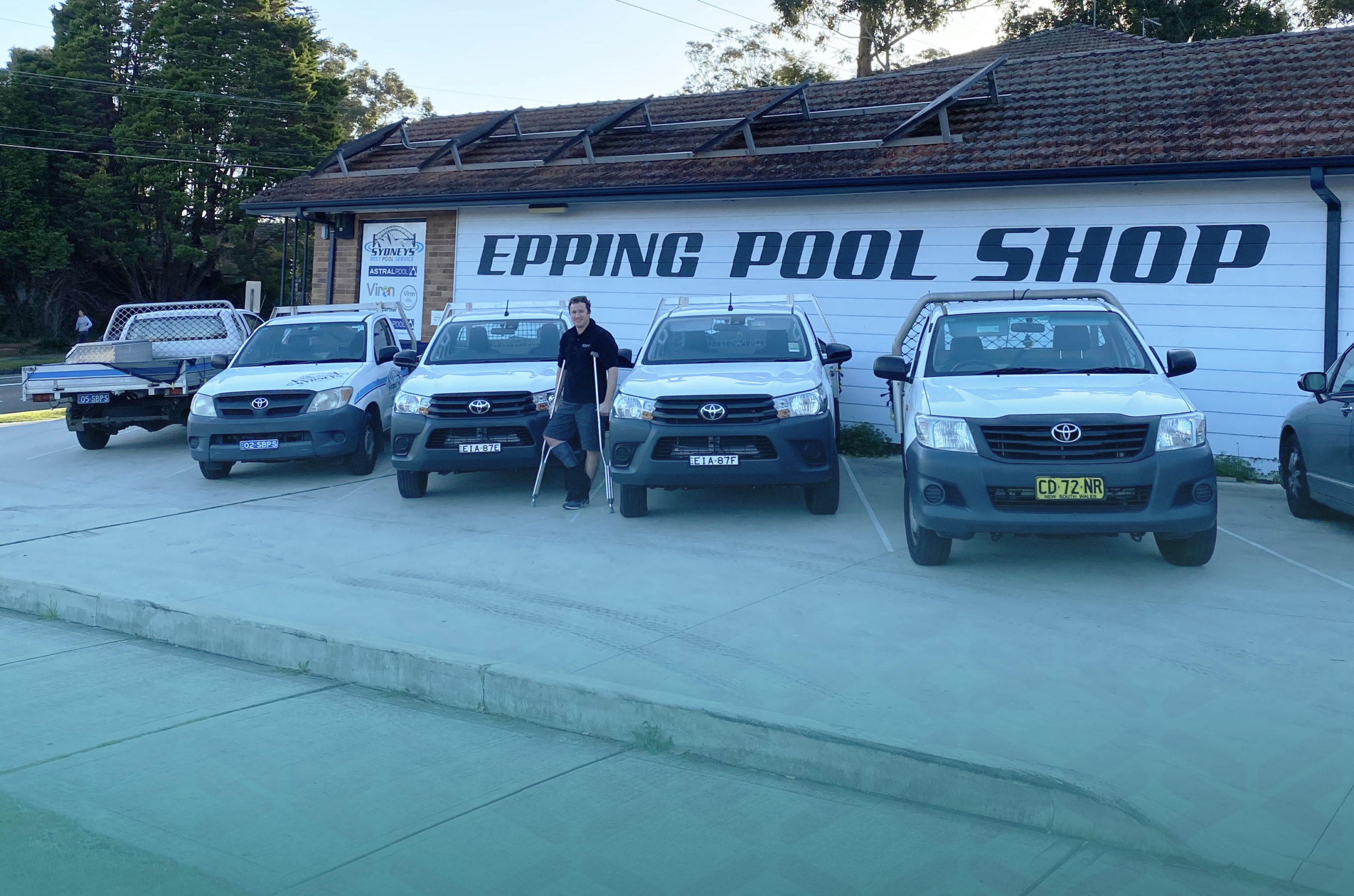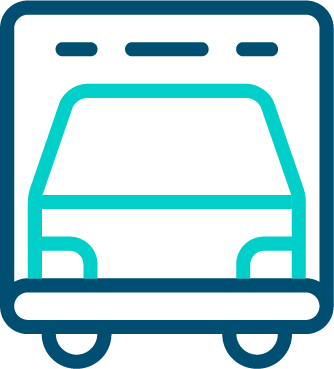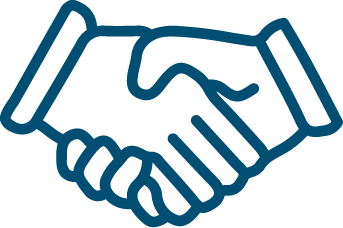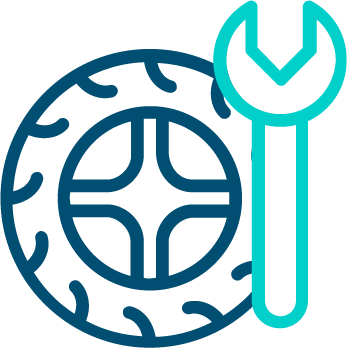With numerous amounts of finance options offered through multiple lenders across Australia, it can be a challenging exercise to find the best fit for your business.
This poses several questions for hopeful small business borrowers, especially those who are time poor (and who isn’t?):
- What kind of loan product do I need?
- How much can I afford to borrow and repay?
- Where can I get the best interest rate and other conditions?
- How can I compare the available loans?
- What does all the technical jargon mean?
As a business owner, it can be tempting to seek short cuts to find your best-fit financial loan. The internet offers you an overwhelming range of options, but it can be tricky to work out the right solution to suit your business needs.
This is where the finance broker comes in. A finance broker is a valuable guide to help businesses determine which finance solution is the best fit for your company. They’re an intermediary between the lender and borrower, arranging a loan in return for a fee.
How can a finance broker help you?
Capable finance brokers:
- Have a detailed knowledge of the loan market
- Are independent and not tied to any particular lender
- Can assess your financial situation and needs and find suitable loan products with competitive interest rates
- Explain any financial and legal terms in the documentation
- Assist throughout the loan application and settlement process
- Provide ongoing support during the life of the loan
Finance brokers act for the borrower, not the lender, but in the vast majority of cases it is the lending financial institution, not the borrower, who pays the broker’s commission fees.
What to do before meeting your broker
It is a good idea to do some preparation before your first meeting with your broker, to get the best results from this session. You should be able to explain clearly what your business does, how it is structured, and who your main competitors are.
Think about your business goals and targets, opportunities and risks, so that you can communicate these clearly. Be prepared to outline the purpose of the funds you hope to borrow – that is, provide details of how you will use the cash to help your business prosper.
There are a few documents you should bring to the meeting with you:
- Latest financial statements, such as your balance sheet, profit and loss statement, your cash flow statement, any management accounts, your budget or forecast for the coming year.
- Business tax returns – the last two years’ returns.
- Business Activity Statement – take a years’ worth of BAS. It could be the last annual statement, or the last four quarters’ statements.
What to ask your broker
Your finance broker will certainly be asking you many questions, but there are also lots of questions you need to ask in return, including:
- Would a line of credit, or a term loan, or lease finance, or some other form of finance, suit my particular needs best?
- If you think a term loan is best, what term do you recommend?
- How much do you think my business can afford to borrow and repay?
- Will I need to offer property as security for the loan? If yes, will it need to be my home or commercial property?
- Should I be looking for a fixed or variable interest rate?
- Do you have testimonials from previous customers?
- How much is your commission, and who will pay it, me or the lender?
While your broker may not be able to answer all of these questions at the first meeting, you should expect full responses before you commit to the recommended finance.
This article was originally published by OneAffiniti.com
